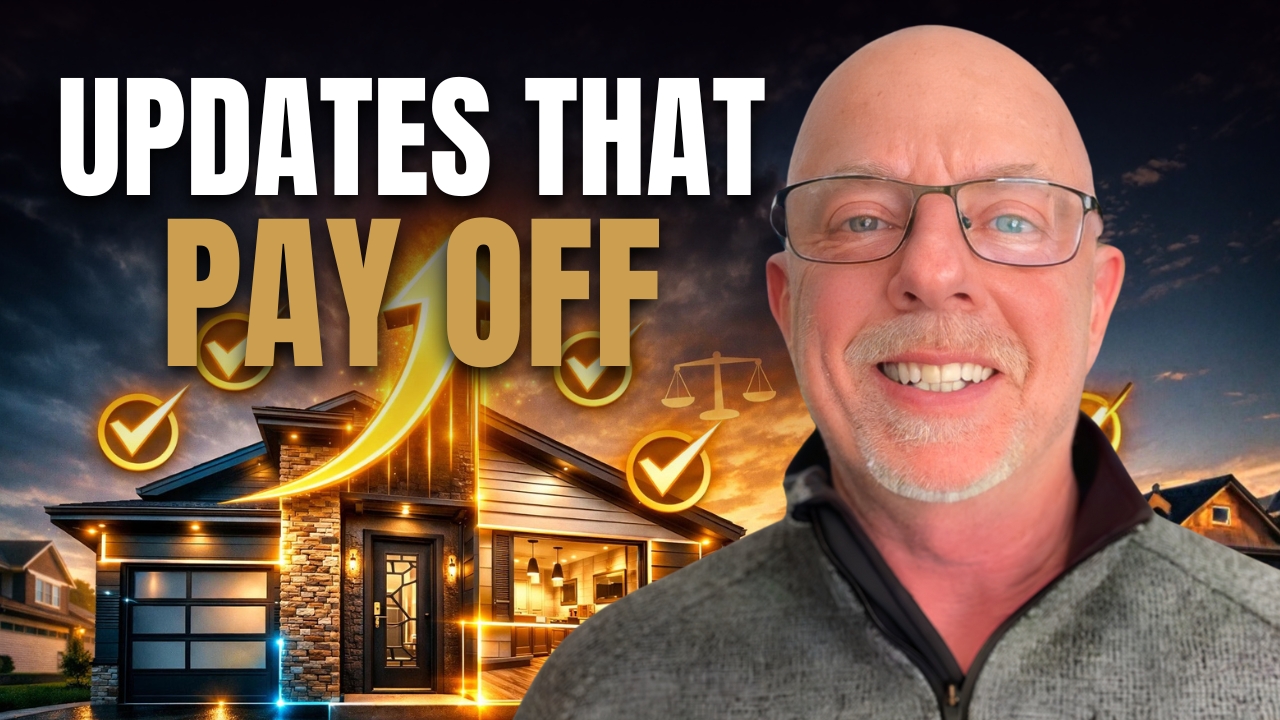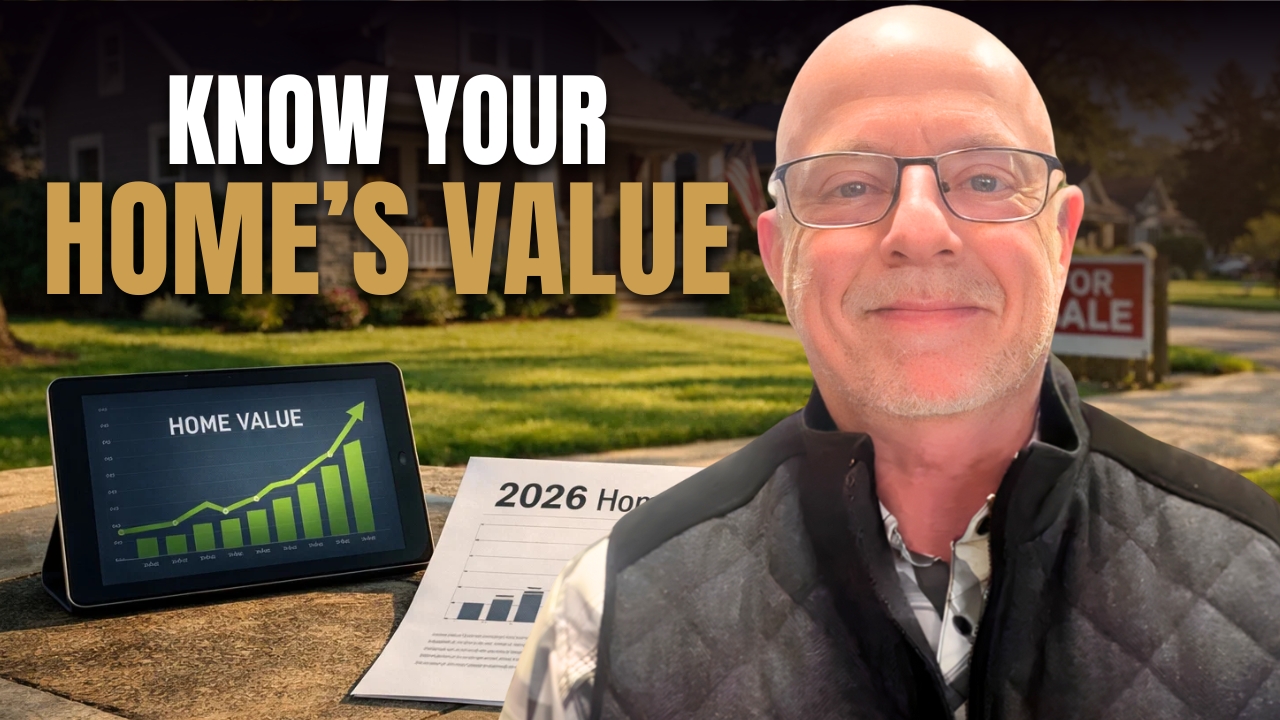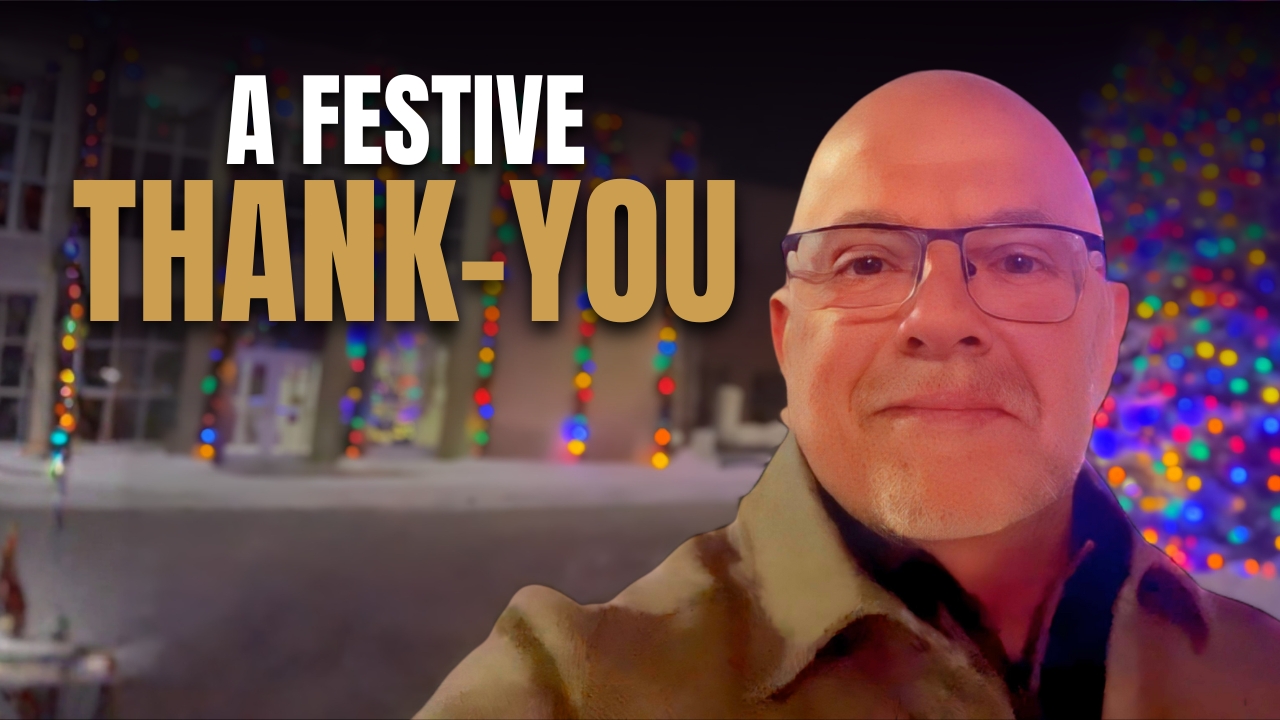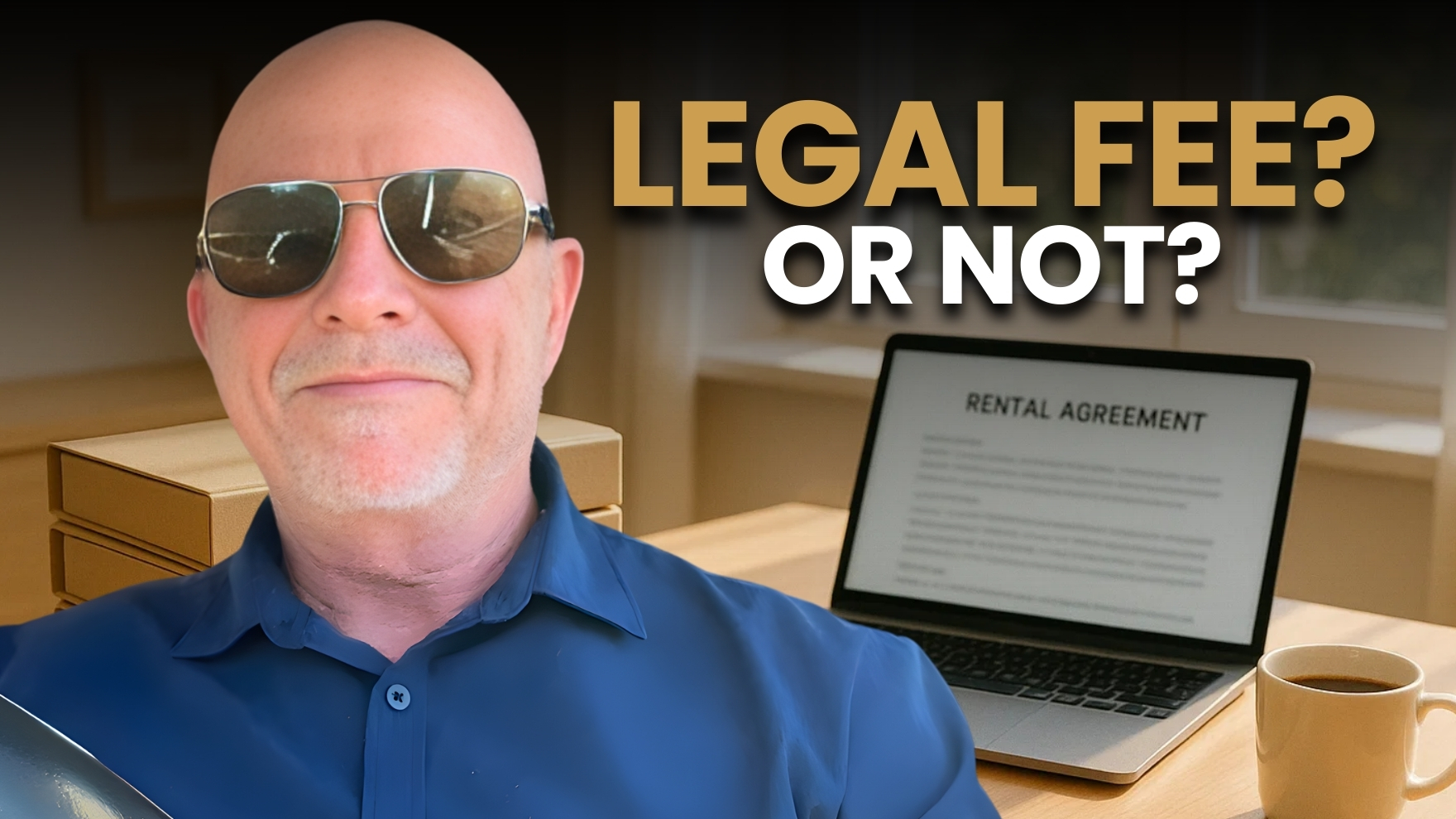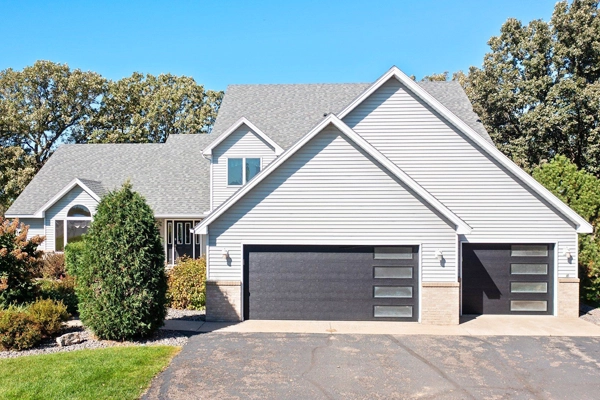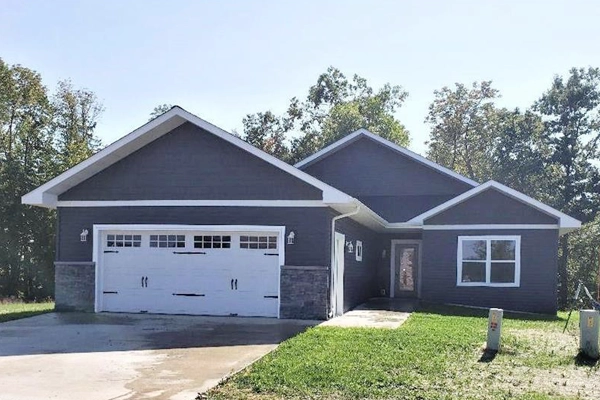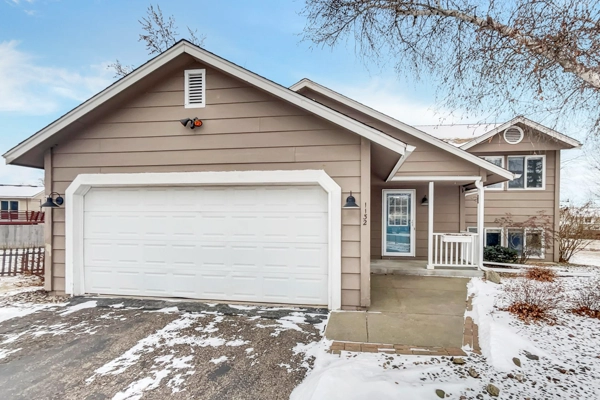Let’s Explore Your Selling Options. I’ll help you sell your home at the price and terms you want. Free Selling Strategy Call
Now that we’re heading into storm season, many homebuyers and sellers are asking an important question: “What happens if my home is damaged during a natural disaster while under contract?” No matter where you live, this is a valid concern.
First, if you’re a seller and you’re under contract with a buyer, you must immediately disclose any property changes. This pertains to damages caused by high winds from a storm that takes off your roof or a tree that crashes down. This includes flooding or other storm-related issues, like those wildfires out west or tornadoes in the south. You need to inform your agent immediately so they can inform all parties involved.
Here are three steps you need to take as a seller to protect yourself financially and handle this difficult situation:
1. Check your contract. When you’re under contract, your purchase agreement likely includes a clause that protects both buyers and sellers in the event of a natural disaster. This is usually called a “force majeure” clause or a “casualty loss” provision. The agreement typically gives both parties options if a property is damaged or destroyed while under contract. The specifics depend on your contract, so work with your Realtor to review it closely and understand your rights and obligations.
2. Assess the damage. You won’t know how to move forward after a natural disaster until you assess the damage on your property. In most cases, the seller is responsible for ensuring the home is in the same condition as when the contract was signed unless the damage is so severe that the property is considered a total loss.
I’ve had buyers whose homes were destroyed by hail or wind many times. If that new buyer wants to stick with the deal, they might get a new roof, new siding, windows, fascia, soffit, gutters, and downspouts because your insurance company will pay for it. Many buyers will stick with the contract and move forward, but these decisions will hinge on the details of the contract and the level of damage to the property.
3. Check your insurance. Talk to your insurance company. Let them know immediately what’s happened to the property. If the home is covered by homeowners insurance, the policy will help cover repair or replacement costs. If you’re a seller working with me, I’ve got the contractors and experts to help you through any challenges. And if you’re a buyer, here’s something important to know: in Minnesota, our purchase agreement includes a clause letting buyers back out of the contract if needed.
The seller takes on all the risk of loss. This means that if any damage happens to the property—whether from fire, vandalism, flooding, an earthquake, or any other issue—between the signing of the purchase agreement and the closing date, the seller is responsible. In that case, the buyer can cancel the contract and get their earnest money back.
If you have any questions about this process or need support, please contact me at (612) 961-9448 or Mark@MarkCallenderHomes.com. Together, we can ensure that you feel informed and supported every step of the way, no matter the circumstances.
-
Let’s Explore Your Selling Options. I’ll help you sell your home at the price and terms you want. Free Selling Strategy Call
-
What’s Your Twin Cities Home Worth? . Get a monthly wealth snapshot of your home, understand when to refinance, see the wealth power of extra principal payment, get smart about wealth from short-term rentals, and more with Homebot. Free Home Value Estimation
-
Looking for a Twin Cities Home?. Search the entire MLS for your Twin Cities home. Search the MLS
-
Real Estate News. Top 10 Real Estate Agents in Minnesota for 2024. Read More
-
Free Real Estate Newsletter. Get our latest Q&A, insights, and market updates to make smarter decisions. Subscribe Now

